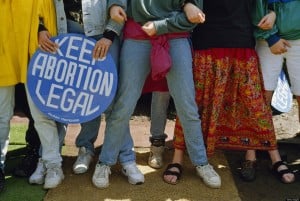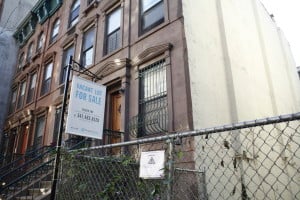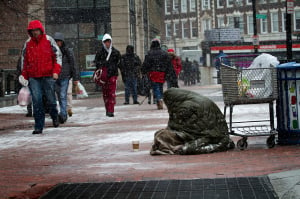Angela Glover Blackwell: Today, in this country, we’re having a conversation about police, police violence, the killing of Black [people], and what all that means. It’s sad that this is happening and that every day there’s a new incident to cause us to keep thinking about it and talking about it.
But it’s extraordinary that the American people are having to deal with this every day whether you’re watching CNN, or MSNBC, Fox, or ABC news. All the news channels are talking about police violence and what that means for Black people
Many people probably look at that – certainly have looked at it in the past – and they have said that these poor, Black men are doing bad things and that’s why they’re ending up in confrontations with the police. Without any understanding of the lives of these poor, Black men.
Part of what has been going on for decades is that poor Black people live in communities that suffer from hyper-surveillance by the police. The police are more likely to be in their communities. The police are more likely to arrest them. The police are more likely to stop them, even if they’re not doing anything.
And that is what is so hard for the American people to believe – that you would get stopped, and searched, and arrested by the police, and not be doing anything [to warrant this].
But this is starting to come out as people are telling their stories over and over again. This has been the condition –that this hyper-surveillance by the police making it more likely for people to get a record, to be known by the police.
Then once they get in the system, it’s almost impossible to get out because of the whole system of being on parole and missing an appointment or fraternizing with a person who has a criminal record, getting you right back in the jail. And then going back again, and again, and again.
This is coming to be seen by the American people in a way that it’s never been seen before but “why are people in these communities in the first place?” That’s getting peeled away.
People are there because of housing discrimination. They’re there because this is the only place where affordable housing can be found. They’re there because that’s where their families live, and people are drawn to be in communities where they are comfortable.
The combination keeps people in these low-income communities where they are an easy target for hyper-surveillance, and then everything that comes from it.
So, as we think about these issues, we have to understand that you, as an individual in this society, as a white individual, you may not carry [inter]personal racism. But that doesn’t keep the system from operating in a racist way.



















